|
RABI partners and our local D.C. team were pleased to attend the Destination D.C. marketing outlook 2015 event. Destination D.C. hosted more than 500 tourism, trade, and local business members for a look at how the tourism and convention business is set to grow in D. C. over the next few years. We met Destination D.C.'s President and CEO, Elliott Ferguson, who stopped by our table at the event. Great speakers and sessions made the event fun and informative. Some of the fascinating facts that we learned include:
The takeaway from the event? Huge growth in international tourism, especially millennials, represents a major opportunity for savvy companies. Successful businesses should provide support at their events for participants for whom English is not their first language, and they should also localize their marketing materials and social media posts to reach potential visitors in their languages via the marketing media that their audience consumes most. We can help you provide the best experience and outreach to your market. RABI offers a premier events solution to help plan and organize global events and international conferences and ensure seamless communication through advanced services and technologies. Services we offer include:
Visit redblueint.com/events.html for more information about our events solution and to download our case study, Simultaneous Interpretation: a Commercial Property Company.
2 Comments
Research shows that using pictures or videos in your social media posts, on your website, and in your emails dramatically increases your click throughs. In fact, Forrester reports that videos in emails increase click-throughs by an astounding 200-300%!
In order to get the most from your videos, localize them for all your major markets. Rather than relying on YouTube's built in subtitle service, apply a little advance planning and can create videos that captivate your audience all over the world. For truly professional looking and sounding videos, hire a localization agency that will create a frame-by-frame transcript of your video. This will ensure that the voice-over starts and ends with the video, with no awkward gaps or overruns. The agency should also have a roster of professional translators that will adapt your transcript so that it reads as if it were written in the local language, with the right terminology, local slang, etc. You should also ensure that you hire voice-over talents that are native speakers in the languages you want to localize into. Your videos need to sound like they were created by native speakers or you will lose credibility in the marketplace. Finally, when it comes time to record the videos, be sure to have a monitor in the recording studio with you. The monitor should be a native speaker and able to tell if the voice-over talent inadvertently makes a mistake, allowing you to correct it in the moment. This will save you time and money, because you won't need to schedule another session for re-takes. By hiring the proper professional talent, and taking the time to pace your transcript and adapt it to fit the local customs and marketplace, you'll create a video that will look and sound like it was created locally, and you will dramatically increase your international audience engagement. For more specifics on how to achieve great video-voice overs, read our multilingual corporate video case study. Your interpreter arrives at your event ready to go. She is a professional, has years of experience doing similar events, and knows her stuff. You, on the other hand, are an unknown quantity. The interpreter needs to discover quickly if you are comfortable presenting in front of a large audience. Do you largely make up your speech as you go along, do you read it verbatim, or are you somewhere in between? Do you interact a lot with your audience or not? Every speaker is different and every day on the job for an interpreter is an exciting new challenge.
Here are some tips for how to work with your interpreter: 1. If you are a native English speaker and your audience speaks Spanish, do not try to rely on your high school Spanish skills to make a connection with the audience. Even if you are fairly fluent in Spanish, you should do your whole speech in English and let your interpreter do his job. It can be confusing for both the audience and the interpreter if you switch back and forth. Plus, your second language skills may not be as good as you think they are, which could cause confusion and potentially be embarrassing. 2. Limit the amount of jargon, acronyms, and abbreviations in your speech. This should be true anyway, unless you're speaking in front of a group that is really immersed in your world. Not only is the audience unlikely to follow jargon and acronyms, but your interpreter will have a difficult time getting your meaning across. At the very least, try to provide a list of industry or organization specific terms to your interpreter before the event, so she is ready when you start peppering your speech with them. 3. If your interpreter is in a sound booth, be sure you are talking into the microphone at all times, but not getting too close. If you have a fixed microphone on stage, like behind a podium, and you walk away, the interpreter may not be able to hear you. Likewise, if you suddenly, boom into your microphone, you might knock off your interpreter's ears! 4. If you have a sign language interpreter, do not walk in front of him! You wouldn't believe how often this happens. If you do it, your audience won't see what you're talking about. 5. Speak normally. Don't try to compensate for your interpreter. You have hired a professional whose job it is to keep up with you and work at your pace. If it's consecutive interpretation, than yes, you will need to pause and let your interpreter interpret, but you don't need to slow your speech. Same goes for simultaneous interpreters. They will keep up with you. You need to focus on speaking at a pace that your audience can follow. Professional interpreters will have no problem keeping up. 6. Jokes should be limited, or, as with jargon, you should at least supply your interpreter with your jokes ahead of time. Humor is notoriously hard to convey in a different language. Often the interpreter will have to completely re-work jokes to get the point across. Interpreters, in desperation, have even been known to tell the audience, "he told a joke, you should laugh now," when it's impossible in the moment to appropriately interpret it. If you share your jokes with your interpreter ahead of time, she can adjust it to the foreign language and everyone's amusement. By keeping these six tips in mind, you will be sure to have a great experience with your interpreters. Professional interpreters have extensive training and are great at thinking and reacting to unexpected situations. So relax, concentrate on your audience and on your delivery, and let your interpreters do their job. So you're gearing up for a business trip overseas. You've activated an international calling plan, located your passport, and lined up your sales calls. Unfortunately, there just isn't time to learn the language. In most countries, the people you meet with will be able to speak English, but knowing some key phrases in their language will go a long way towards cementing an excellent working relationship. Here are some of the most helpful phrases to master before you go:
1. Hello/Goodbye/Please/Thank you. While perhaps these seem obvious, many people do not take the time to learn them before stepping off the plane. Just being able to say hello to the customer service rep at the hotel desk or thank you to the receptionist who takes your name when you arrive at the office for your meeting will go a long way toward creating a pleasant experience. 2. My name is... and What is your name? Being able to introduce yourself starts a conversation off on the right foot. 3. Where is the bathroom? You definitely don't want to be pantomiming this one, so get it mastered before you arrive. 4. May I have..... or I would like...Either of these phrases paired with a few common requests like water, beer, wine, sandwich, or napkin will enable you to navigate a restaurant. You can even start with "may I have" and then point to what you want on the menu if need be. Just by knowing the opening phrase, you'll seem more civilized and more in control at a business lunch or dinner. 5. Excuse me and I don't understand. At times, especially in larger meetings, you may find that the host group subsides into their own language. If you can interject with excuse me in their language, you'll get the conversation back on track politely. 6. Cheers! or another local toast phrase. Undoubtably, the host will want to take you out for dinner some night. Offer a toast to your host in his language. This lets him know that you appreciate his country and customs. 7. I'm looking for... This can be extremely useful for finding an office, a particular person, a souvenir, a place for lunch, your hotel, etc. 8. Numbers to 10 and How much does this cost? These will help you with paying the bill, buying presents for home, and understanding which floor to take the elevator to when you arrive at the office. |
Author
Archives
March 2024
Categories
All
|
Photos from : : Ys [waiz] : :, bjahind, fabola, MattysFlicks, @sage_solar, LoS, Traducción e Interpretación, Kyle Taylor, Dream It. Do It., _gee_, keepitsurreal, One Way Stock, Airviewsphotos, GotCredit, efile989, Benoit cars, ** RCB **, stephiesal853, Francisco Anzola, Highways England, ITU Pictures, VIPevent, leoplus, Karsten Bitter, Jolante, jobstop11, Nguyen Vu Hung (vuhung), jurvetson, mikefats, YooSan, sandrafdzh, roland, mikecogh, y entonces, Donald Lee Pardue, Gatorgoon, daniel0685, BÜNDNIS 90/DIE GRÜNEN, rick, {Guerrilla Futures | Jason Tester}, mikecogh, markyharky, amslerPIX, jo.sau, IAEA Imagebank, lisa-skorpion, Toronto Public Library Special Collections, Wootang01
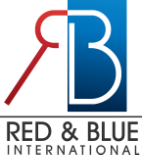
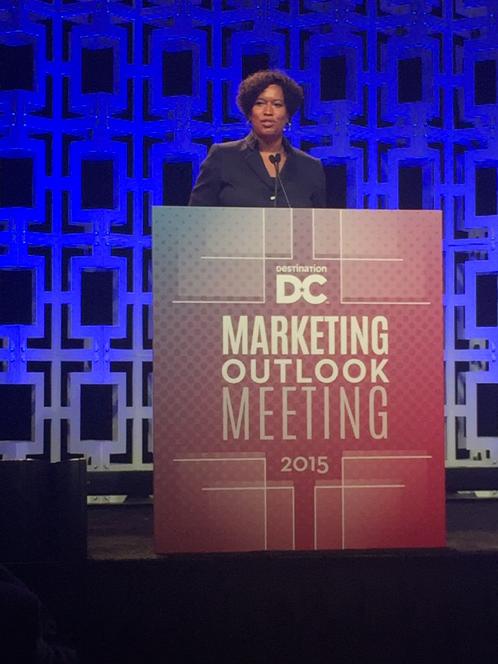

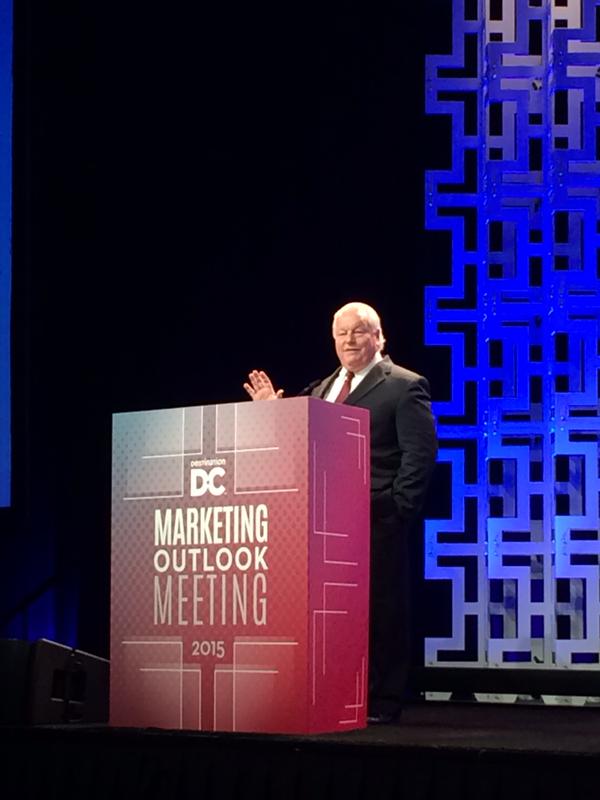
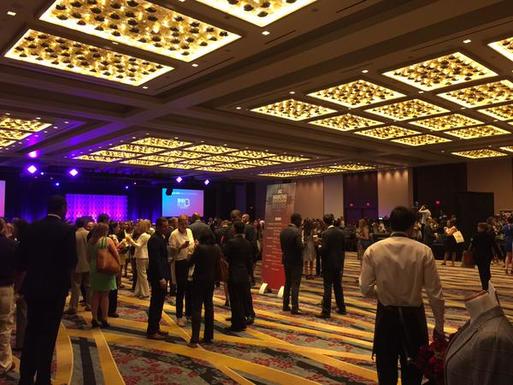
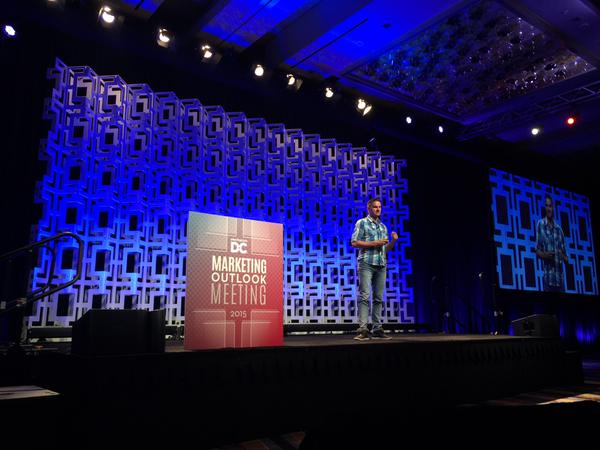

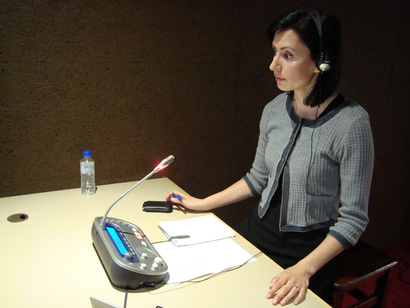

 RSS Feed
RSS Feed
